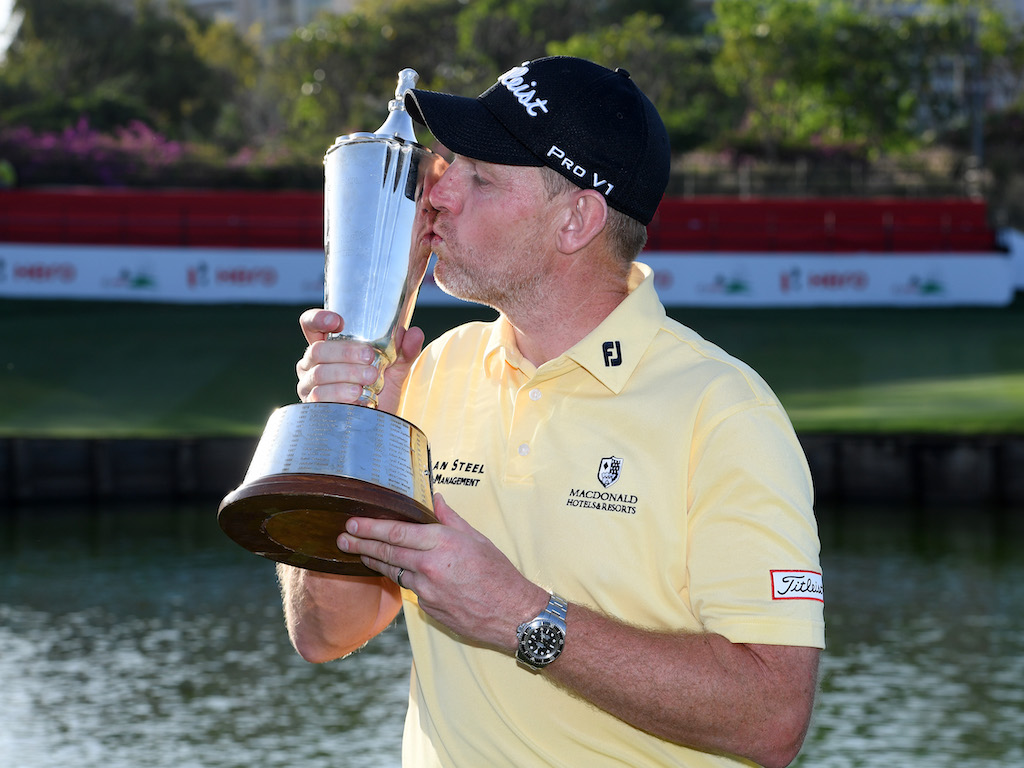“If you want to be a Champion, you have to think like a Champion”
Welcome to my website. My name is Dr John Pates, PhD, and I am a Chartered Sports Psychologist with over 20 years of experience working with golfers on the PGA Tour. My teachings have helped golfers win Majors, World Championships, Tour events and Ryder Cups. If you want to improve your game and shoot lower scores, book a free discovery call by pressing the link below.

As a performance psychologist, Dr. John Pates works with elite golfers to develop a champion’s mindset by strengthening their mental, emotional, and psychological skills. Below is a structured list of key areas that are essential for building a golfer’s mental game.
Whether you’re an elite golfer, a rising talent, or a dedicated amateur, my coaching programs are tailored to help you achieve peak performance and perform under pressure.

















